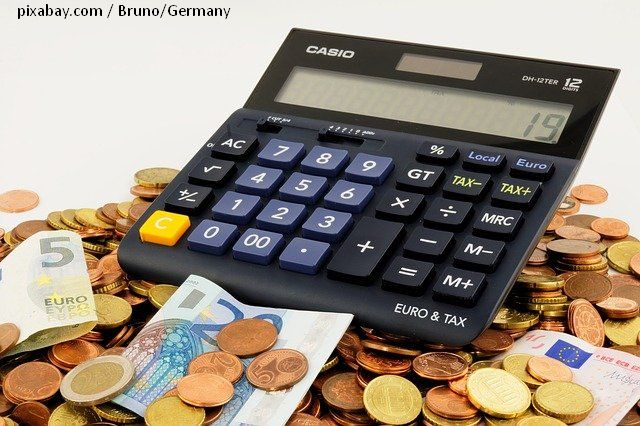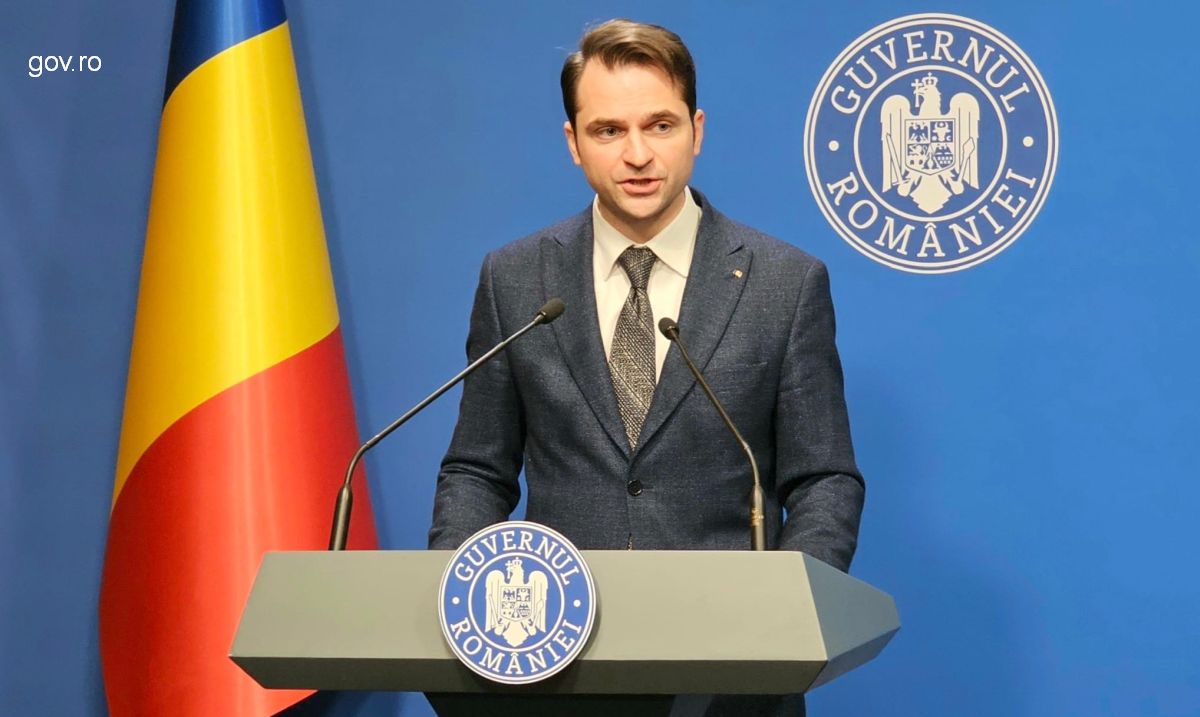Progressive tax, discussed in the ruling coalition
Politicians with the ruling coalition in Bucharest have divergent visions on the Fiscal Code.

Bogdan Matei, 17.05.2022, 14:00
Political opponents for a long time, the Social Democratic Party (PSD) and the National Liberal Party (PNL) have been partners in the ruling coalition for six months, alongside the Democratic Union of Ethnic Hungarians in Romania (UDMR), and have not shown signs of major drifts. However, the Liberals, just like the Social Democrats, are each trying to remain faithful to their own doctrines, which are often incompatible. The only left-of-centre parliamentary party, openly defined as such, PSD wants to ditch the 16% flat tax rate and return to progressive taxation and to collecting more money from high-income employees. The Social Democrat leader, Marcel Ciolacu, who is also speaker of the Chamber of Deputies, says the Fiscal Code must be modified by June 1st so that the state budget for 2023 could be based on the new fiscal laws.
Senate speaker Florin Citu, a former finance minister and PM, is against the introduction of the progressive tax. He said he favours predictability and that the Liberals, who aim to be the spearhead of the right wing, have solutions to collect revenues to the state budget without raising taxes. The Save Romania Union (USR), in the opposition, do not support progressive taxation either and say no additional burden should be put on the shoulders of those with higher revenues. Another former PM, the Liberal Ludovic Orban, who leads the Force of the Right party, is firmly against any increase in taxation rates and is defending the flat tax.
Economic analysts have reminded that Romania has a serious problem with taxes and duties collection among individuals and legal entities. According tot them, people and entities that regularly pay their taxes will continue to do so even if taxes are raised, but it is the state that must combat fiscal evasion, which is common-practice in certain sectors.
Professor Ionut Dumitru, former Fiscal Council chief, said on Radio Romania that tax collection in the country accounts for only 27% of the GDP while the European average is 40% to 41%. Fiscal evasion is very high with respect to the VAT, of which only 65% is collected. Another problem, according to Ionut Dumitru, is the fact that the Fiscal Code is suffocated by exceptions, deductions and preferential terms. For instance, out of 5 million employees, around 15% are exempted from paying their health insurance while about 1 million people do not pay any taxes and duties as they work on the black market. Experts say Romania collects by 1% of the GDP less than the neighbouring Bulgaria, and by 3% less than Poland or Hungary. (EE)






























